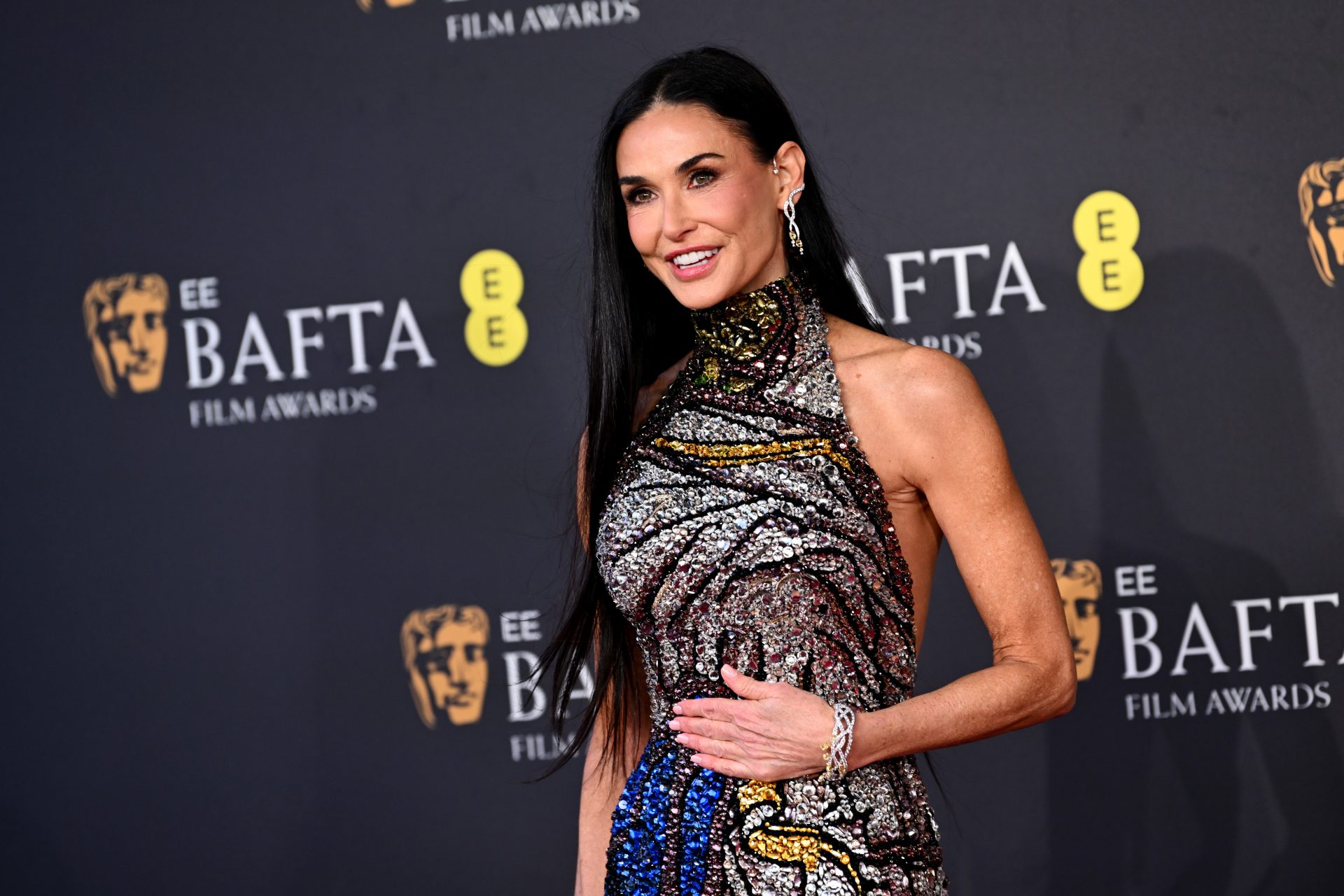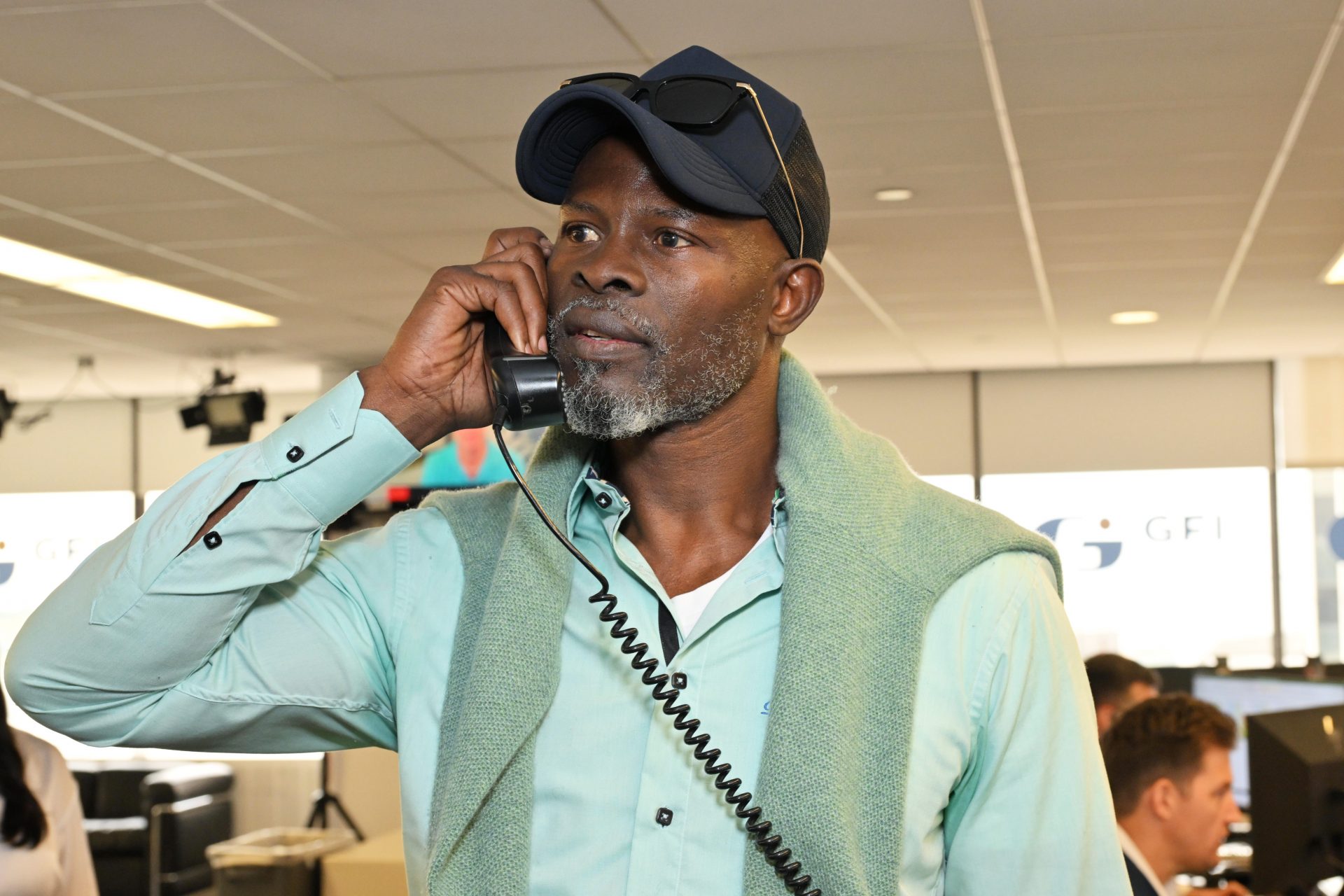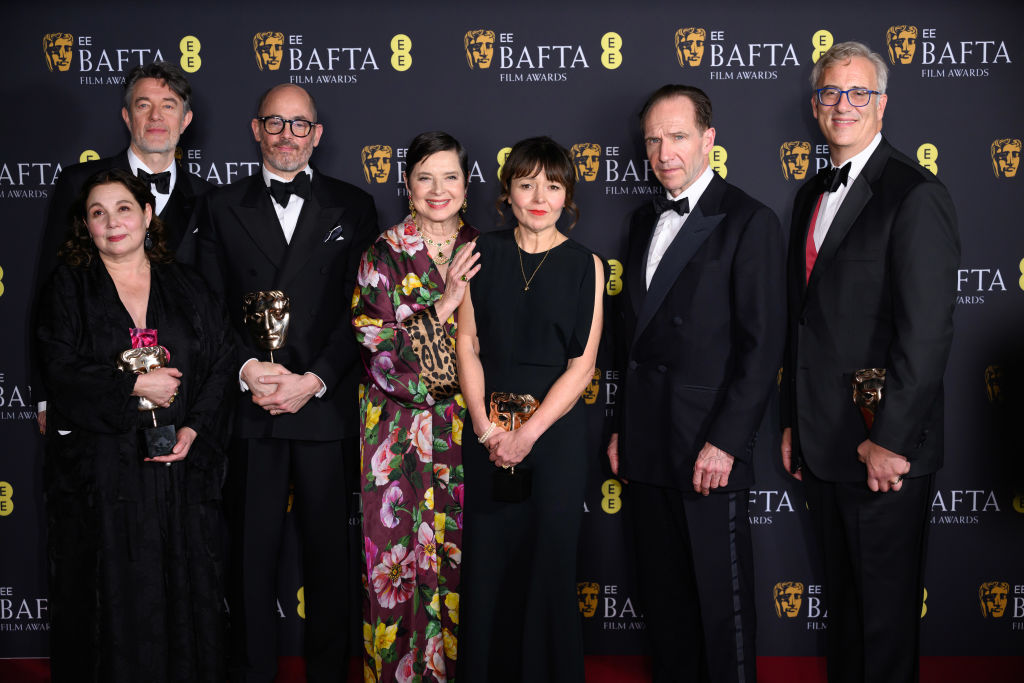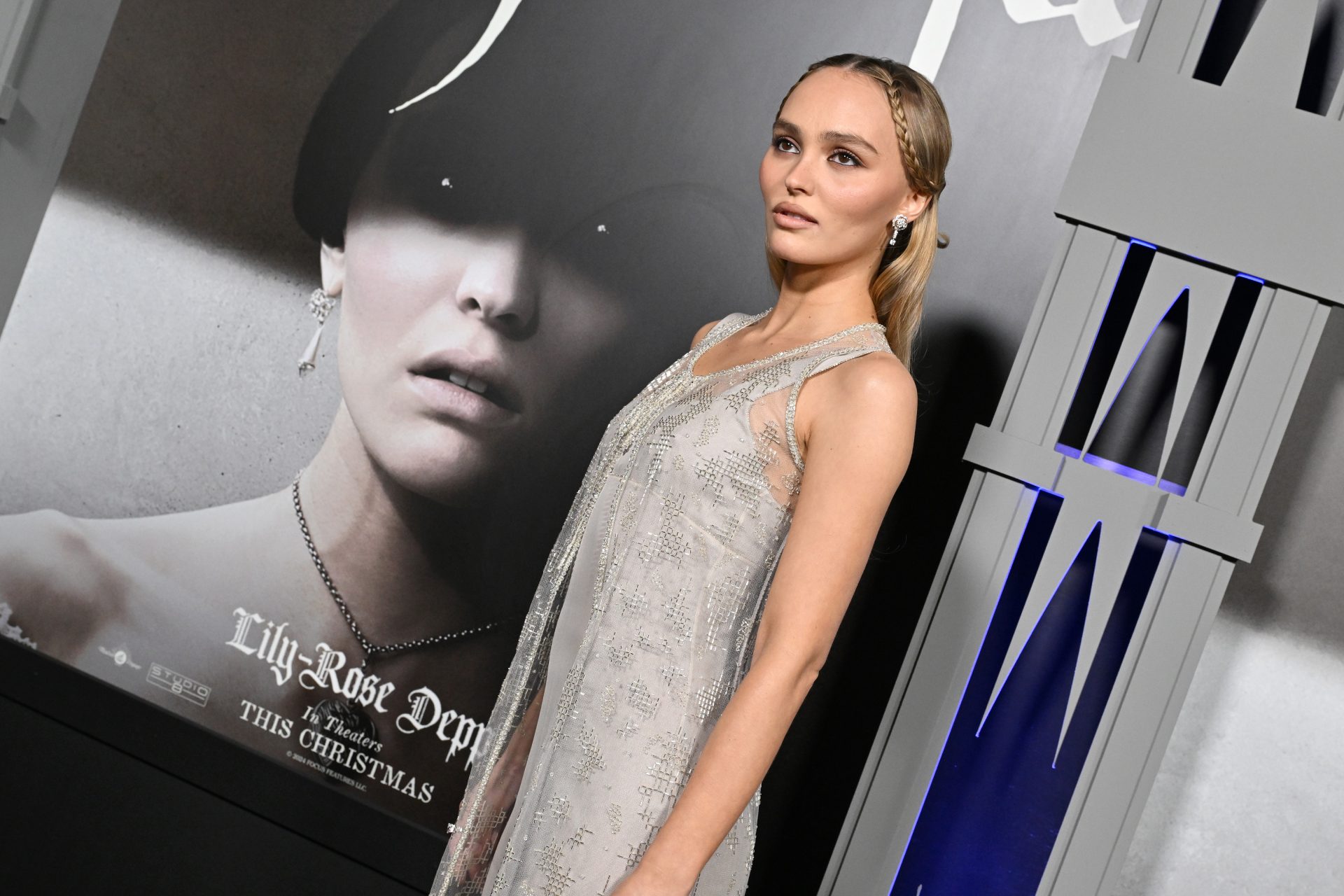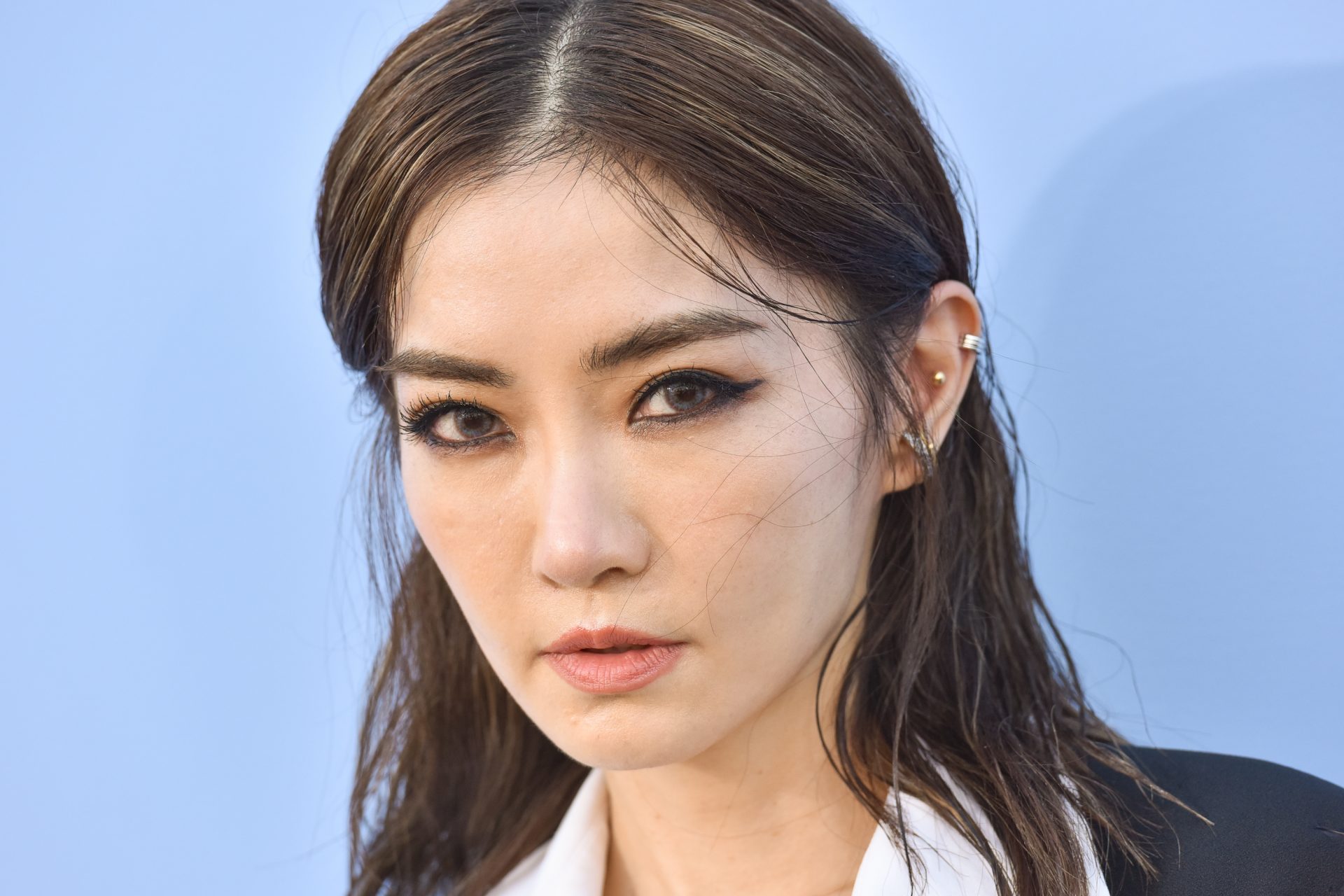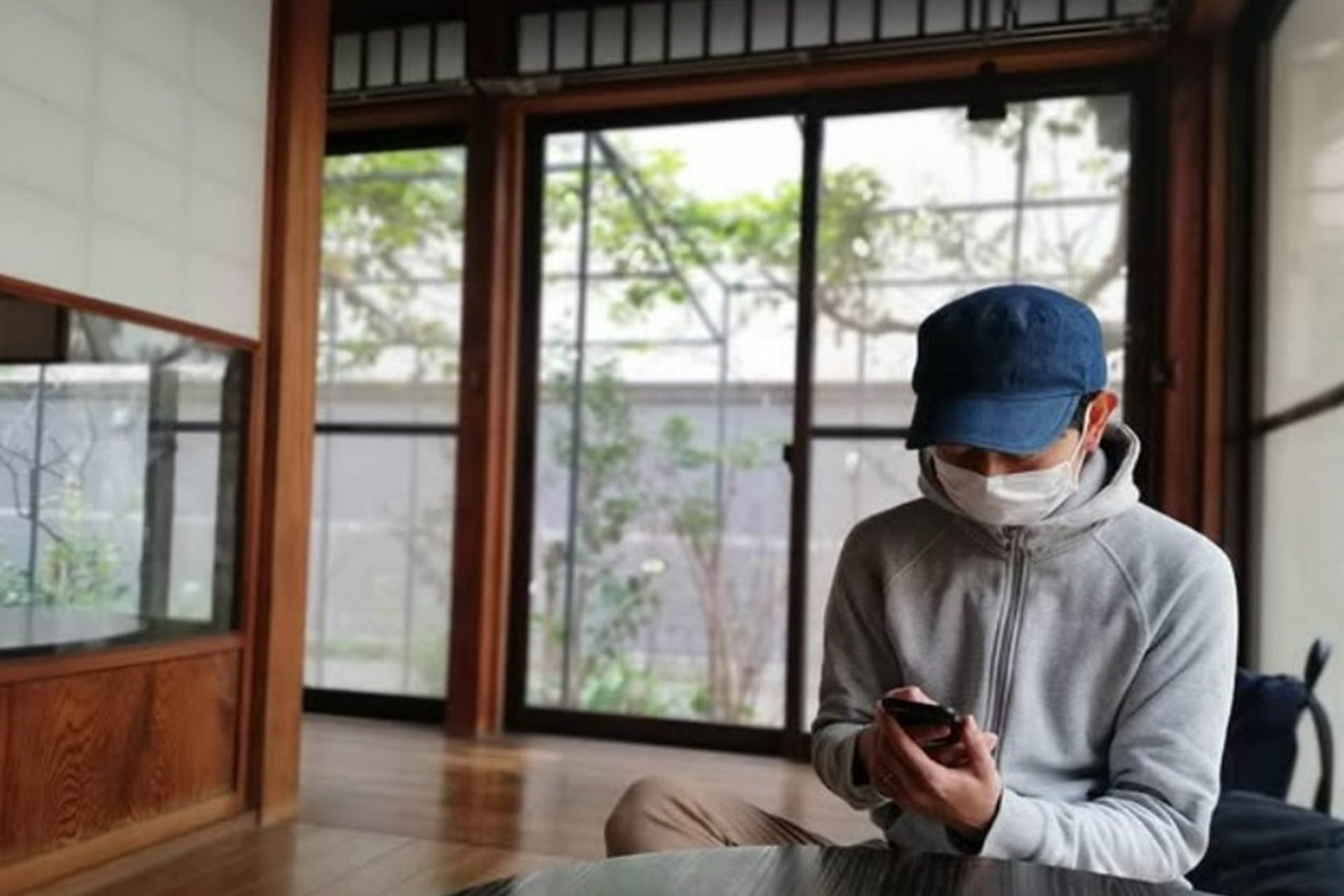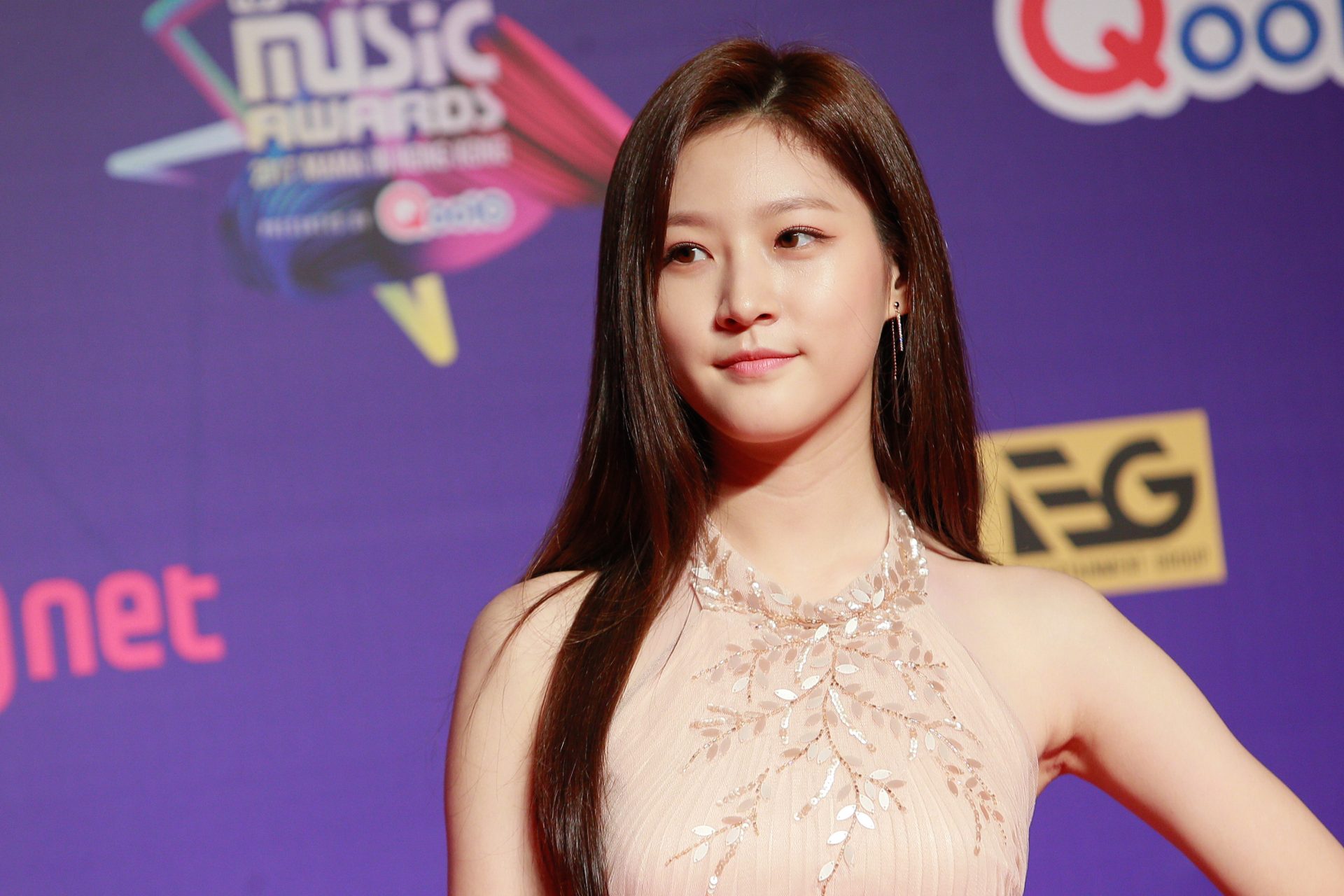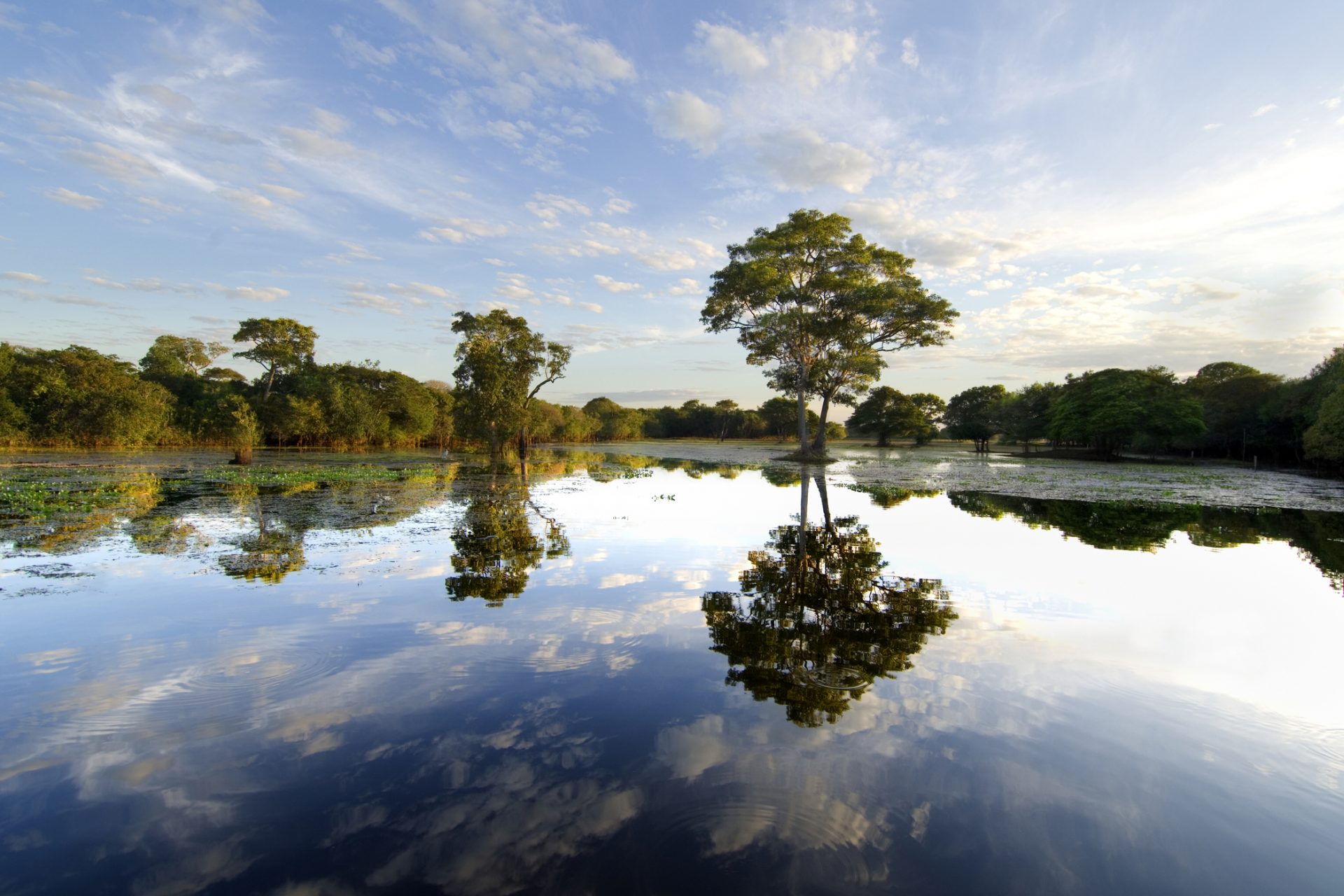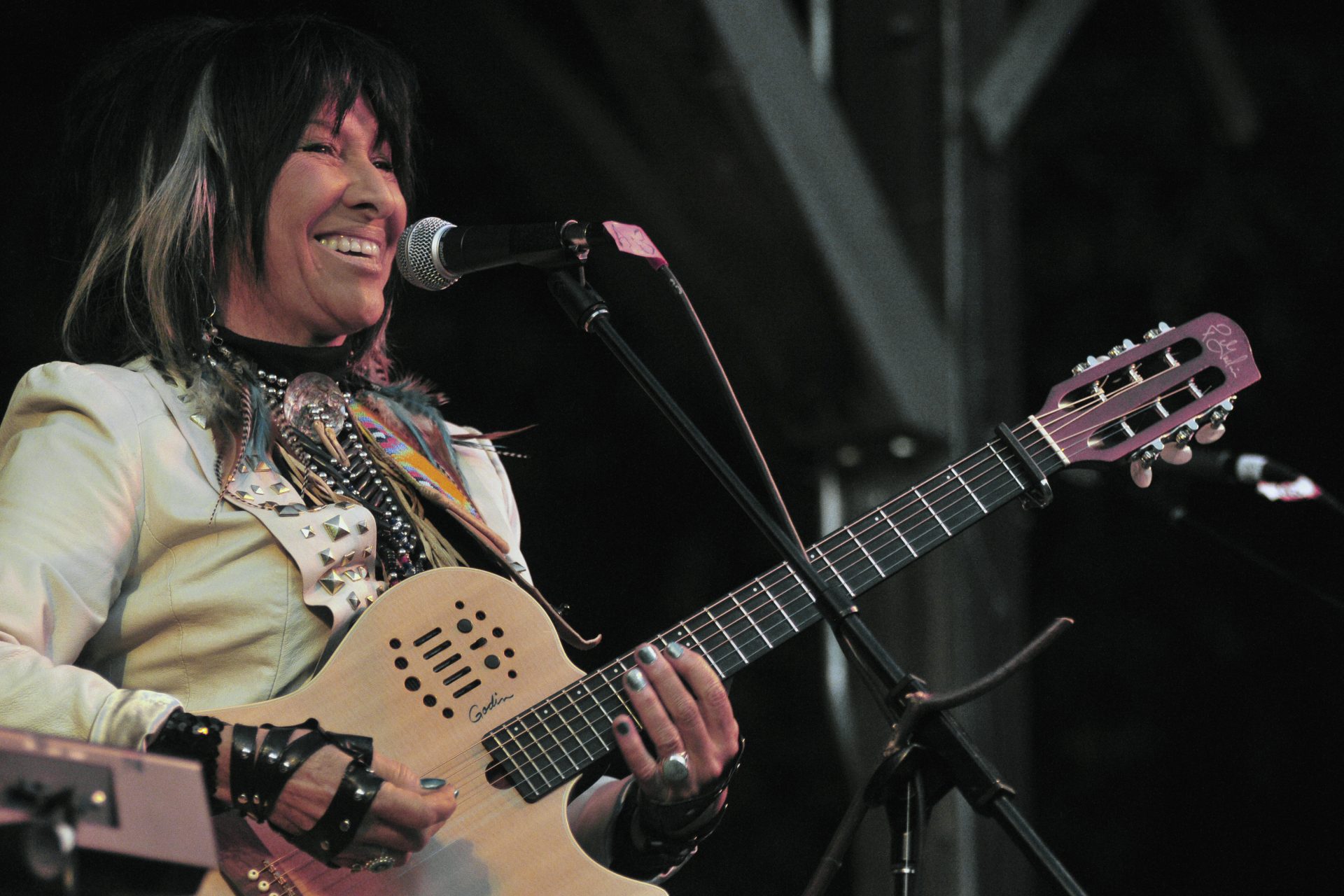Tom Cruise and other celebrities who have angered China
When the trailer for 'Top Gun: Maverick', the hotly-anticipated sequel to 1986's 'Top Gun' came out, it caused a lot of excitement worldwide. In general, fans were delighted to see Tom Cruise in a fighter jet again. Taiwanese fans, in specific, were thrilled to see their national flag on Cruise's bomber jacket. But China was not so happy, CNN and other media have reported.
China sees Taiwan as a breakaway province and has long threatened to invade it, while the Taiwanese see themselves as an independent nation. This conflict goes back to Mao Zedong's 1949 takeover of China, which forced Chinese nationalists to flee to Taiwan.
Since then, celebrities like Tom Cruise (seen here at the Chinese premiere of 'Mission Impossible: Fallout') have been heavily criticised for supporting Taiwan.
Politically, the USA is quietly pro-Taiwan, but Hollywood heavily relies on Chinese cinemagoers for box office success. As such, movies like 'Gravity' (2013) pander to Chinese audiences and Hollywood is happy to go along with Chinese censorship. In fact, the Taiwanese flag had been excised from a previous trailer of 'Top Gun: Maverick', before being put back into the film.
Apart from the premieres of his movies, Cruise does not have a deep connection to China. For 'Mission Impossible 3' (2006), he filmed some scenes in Xitang, a historic Chinese town. Furthermore, John Woo, director of 'Mission Impossible 2' (2000), is from Hong Kong, another contested part of China.
When the original 'Top Gun' inspired young Americans to join the military, Cruise was embarrassed by it. He participated in 'Born on the 4th of July' (1989), an anti-war movie, as a response. Apart from that, Cruise is publicly apolitical and mostly concerned with charismatically selling his movies. Therefore, the decision to have the Taiwanese flag, banned by China, in his latest movie, is a mystery.
Perhaps the makers of the new movie felt a greater sense of freedom. The movie was set to be partially financed by Chinese backers, but they pulled out because of the movie's obvious pro-USA plot, says The New York Post. The pro-US plot also means that 'Top Gun: Maverick' won't be released in mainland China. This makes it easier for the filmmakers to disregard Chinese sensibilities in the film.
Tom Cruise is not the only actor to have publicly angered China.
The Taiwanese film 'Missing Johnny' (2017) was banned from mainland China even though the plot is innocuous enough - young people exploring life and love. The decision was made because the lead actor - Lawrence Ko, who starred alongside Rima Zeidan (pictured) - had ties to a political party that supports Taiwan's independence.
In response to all of this, the Chinese government has drawn up a blacklist of banned celebrities from Asia and beyond. It is powerful enough to coerce some Taiwanese celebrities into keeping quiet about independence and it can force Hollywood actors to apologize.
Cena caused controversy when he said in 2021 that Taiwan would be the first country to see 'Fast and Furious 9.' The actor and former wrestler, who has a large Chinese following and who has been learning Chinese for years, apologized in Mandarin for claiming that Taiwan was a country.
In the West, popular TV host John Oliver admitted Cena's grasp of Chinese was impressive, but most US opinionmakers and politicians condemned him for apologizing. In China, some accepted his apology, but others felt he did not go far enough.
In 2015, Katy Perry wore a sunflower dress - the sunflower is a potent symbol of Taiwan nationalism - and the Taiwanese flag at a concert in Taiwan. It wasn't considered an offense right away, as in neighbouring China, fans consider Katy a 'Fruit Sister' because of her eccentric costumes.
Nevertheless, the Chinese government did take offense and banned the singer from the country.
She's not the only celeb getting banned from a country, by the way. Read more about stars who got banned from foreign countries.
Of course, Taiwan is not the only hot-button issue related to China. Given the relatively recent unrest in Hong Kong, acclaimed actor Chow Yun-Fat supported the protestors, while Jackie Chan came down on the side of the Chinese government.
Footballer Mesut Özil called out China for its treatment of Uyghur Muslims, who have been detained and physically harmed by the Chinese State. He was incensed when his club at the time, Arsenal, published a wishy-washy statement on Chinese social media platform Weibo, where they stated that the club would not get involved in politics.
China responded by saying the footballer had been deceived by fake news. It also removed him from Chinese versions of the video game 'Pro Evolution Soccer'. Furthermore, certain Arsenal games were pulled from Chinese TV schedules. After making the courageous comments, Özil was exiled from the Arsenal first team and eventually sold.
The list of celebrities that support Tibet is a long one. Sting, Yoko Ono, Bradley Cooper, and Amy Adams are just some of the personalities who have backed Tibetan independence. Richard Gere, a devout Buddhist, is one of the most famous A-listers supporting Tibet.
Gere made waves when he criticized China while presenting an Oscar at the 1993 ceremony. His move angered a Hollywood that was, and still is, chasing Chinese money. Subsequently, he claimed in The Hollywood Reporter, Gere's career took a hit because of his China viewpoints. He also added that Chinese directors have privately said they are too scared to work with him.
'Top Gun: Maverick' says a lot about nostalgia and Hollywood's lack of originality. But as it hits theatres around the world, it exposes tensions between the West and China at every level, and it also shows the struggle to find a balance between turning a profit and doing the right thing.





















